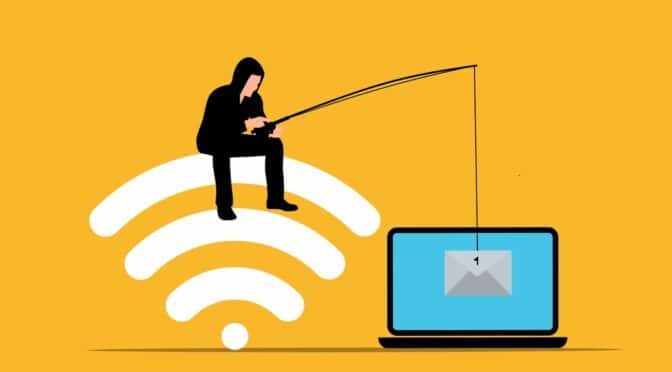Is your college or university getting a kickback every time a student gets a credit or debit card? This isn’t fantasy. Banks and other financial institutions do have deals that give schools an incentive for allowing them to market to you on campus. Colleges and universities were paid over $50 million in 2012, according the Consumer Financial Protection Bureau (CFPB).
The CFPB wants financial institutions to disclose all their deals.

Right now disclosure only covers college credit cards. It is encouraging that there were fewer credit card deals this year than last. The CFPB’s annual report on college credit card agreements shows a decline of 23 percent in college agreements from 2011 to 2012.
CFPB Director Richard Cordray says, “Students and their families should know if their school, whether well-intentioned or not, is being compensated to encourage students to use a specific account or card product. When financial institutions secretly give kickbacks to schools, they are engaging in risky practices.”

In 2008, Congress passed a law that requires schools to disclose preferred lender arrangements with student loan providers and to establish a code of conduct for school financial aid officials.
In 2009, Congress passed the Credit Card Accountability, Responsibility, and Disclosure (CARD) Act. It requires lenders and banks to disclose to the CFPB the terms and conditions of any college credit card agreement, the number of new credit card accounts, and the compensation paid by issuers to institutions of higher education. The CFPB is required to write an annual report to Congress about the information provided by card issuers about these agreements.

Highlights of the CFPB Report:
- College card agreements declined by 41 percent between 2009 and 2012.
- 617 schools had agreements with financial institutions in 2012 compared to 1,045 in 2009
- In 2009, 1,045 college card agreements were in effect for over two million accounts, compared to only 617 agreements for just over a million accounts in 2012.
- Colleges and universities were paid over $50,395,000 in 2012 and that’s less than the approximately $84,400,000 in 2009.
But the CFPB also found that the sands are shifting and now financial institutions are focused on checking, debit and prepaid cards. The CFPB wants those agreements made accessible for all to see so that if you sign up for a card, you know whether your school is getting a piece of the action.
There’s a guide for students and families about choosing checking accounts and debit cards: http://www.consumerfinance.gov/paying-for-college/manage-your-college-money/



